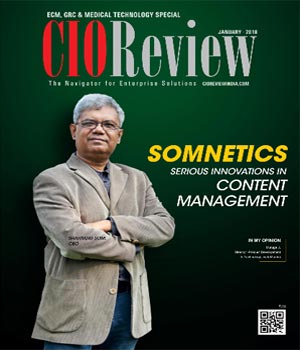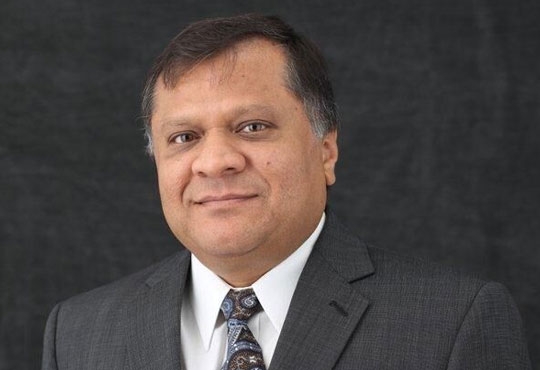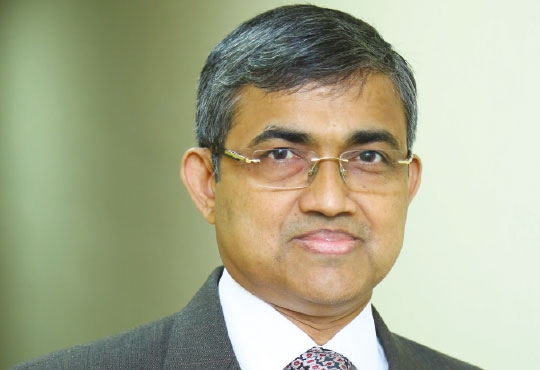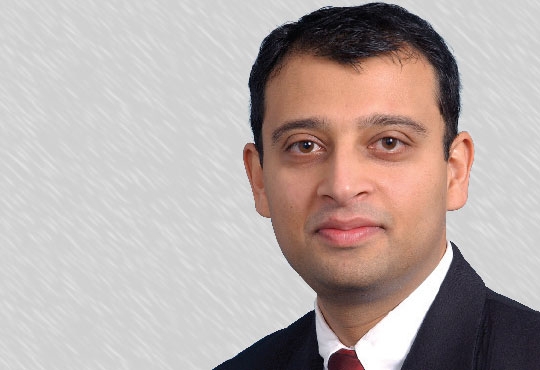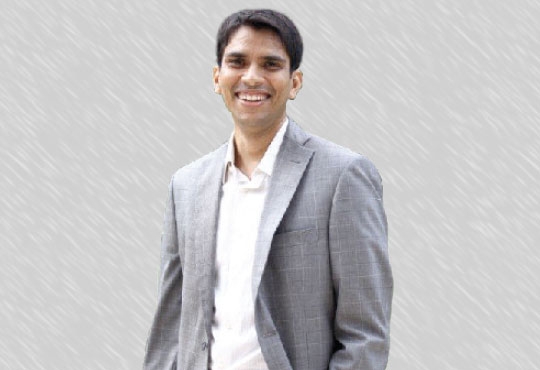
Data Security for Effective Healthcare Solutions
Aravind Nadella, Senior Director- Engineering, Ajuba Solutions | Thursday, 16 June 2016, 04:49 IST
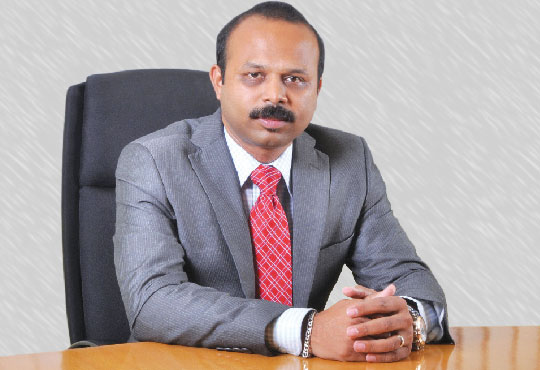 Healthcare over the past decade has evolved to a large extent and so has the technology associated with it. The penetration of technological advances like Big Data analytics, cloud computing and the Internet of things has transformed conventional healthcare delivery processes to be more effective and value oriented.
Healthcare over the past decade has evolved to a large extent and so has the technology associated with it. The penetration of technological advances like Big Data analytics, cloud computing and the Internet of things has transformed conventional healthcare delivery processes to be more effective and value oriented.
Big Data Security Challenges in Healthcare
Medical data is considered to be one of the most important documentation. As healthcare is taking the digital route and more and more healthcare data are computerized, digital records of patient data are used for insight-driven healthcare solutions which are also patient-centric. But patients’ concern over protecting the privacy of their information is growing. When we say privacy, it means that health information that is shared among doctors, clinics and insurance companies for the benefit of the patient is stored carefully, keeping in mind, their privacy. Lack of proper data security measures can expose data to risks that have far-reaching effects where issues of confidentiality and data ownership become pain points. To allay these concerns, governments across the world are adopting various policies to control data usage and manipulation by healthcare providers.
A study conducted by PricewaterhouseCoopers in 2013 on protecting and managing healthcare data startlingly revealed that only 24% of healthcare CEO’s worry about protecting data, and although about 42% of healthcare CIOs claimed to have information security strategies in place for protecting data, fewer percentage was well equipped with protecting data over social, mobile and cloud devices.
This is alarming, since technology’s interaction and influence over healthcare is only expected to grow more. While that happens, healthcare organizations must keep themselves ahead in the race to deal with an increased influx in data, thanks to the regulatory measures in the US which includes Patient Protection and Affordable Care Act.
Tackling the Challenge
A simple answer to the above could be having data security plan in place. While it may sound easy in theory, it requires meticulous planning and due diligence. Fault Proof Data Encryption, Secured Communication channels, legal plans can help in building a robust plan.
In India, due to various factors, including cultural, socioeconomic conditions, privacy of patient or securing patient information is not given that importance. It is a slowly evolving process. Indian Healthcare CIOs could also start looking into their communication channels/models to alert their employees/staff who are working in these affected areas. Additionally they can start investing in infrastructure or cloud services to collect the information and inform potentially vulnerable patients and inform in a timely manner rather wait till an outbreak or catastrophic situation.
Healthcare on Cloud!
Cloud solutions have proven to be highly efficient, scalable and agile in terms of performance. In healthcare, the cloud offers numerous advantages. For instance, centralized storage of medical and patient information in a cloud infrastructure can improve data management, impact methods of claims processing and patient enrollment and Speed the deployment of electronic health record (EHR) technology.
Other advantages offered by cloud solutions include redundancy and disaster recovery that is built into cloud environments, providing a standby-data assurance of important data.
Healthcare is a highly regulated sector. While many healthcare players are open to the cloud option to add newer applications, this comes in direct conflict with the premise of the cloud infrastructure, to that of a shared server networked through the internet. The conflict raises huge concerns over privacy, security, compliance and access. In a scenario where medical and personal data is moved beyond the clinical premises towards what looks like a shared platform, data breach becomes a major concern. Therefore, although healthcare organizations adopt cloud computing to improve their performance and delivery of healthcare services, these infrastructures require a highly secure and auditable platform to protect patient data and also to be able to abide by the regulatory compliance. Organizations need to incorporate features such as encryption and geo-location as part of their cloud infrastructure – particularly to tackle issues that arise out of features such as multi-device access (BYOD and CYOD), Architecture security and compliance. Cloud computing is indeed an excellent solution for cost effective HIMS, but it needs to be paired with cloud security measures which secure data, authenticate identities, and ensure trust and compliance throughout the cloud environment. Information is our asset, we need to protect that at all costs and in the process maintain Privacy to PHI. Data has become the key to drive any business strategy and it is imperative that data be integrated into business models in a secure manner.
CIO Viewpoint
By Aliasgar Bohari, Director IT, ZULEKHA HOSPITAL
Focus on the People Aspect will take the...
By Sanjeev Jain, VP of Information Technology, Integreon
Cloud Computing for Affordable Medicines
By Manoj Shah, VP IT, Amneal Pharmaceuticals
CXO Insights
The IoT Revolution in IVD Industry
By YS Prabhakar CEO, Transasia Bio-Medicals
When the Internet of Things met Analytics
By Salil Godika, Chief Strategy & Marketing Officer, Happiest Minds Technologies
The Use of Technology in the Field of Clinical...


